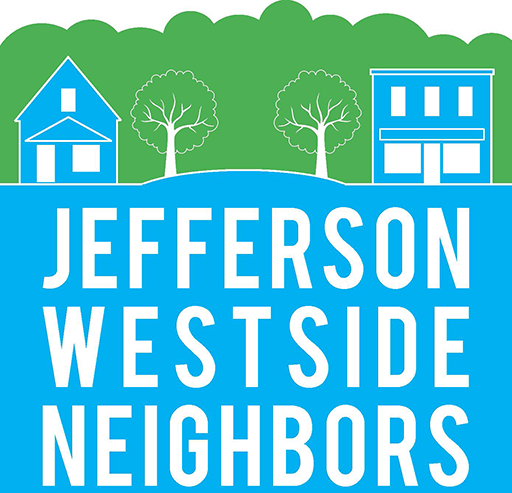In February, the JWN Executive Board sent a list of questions to each Ward 1 City Council Candidate and each was reminded in March. We have received replies from Tim Morris and Emily Semple (incumbent) and their answers are below. The JWN would like to thank these candidates for their cooperation and interest in neighborhood issues.
1. Do you support the continued city funding and official recognition of neighborhood associations as representing their respective neighborhoods?
Tim Morrison: Eugene’s Neighborhood Associations can serve as a powerful voice for members of our
community not otherwise represented. I support continued funding for outreach
programs that allow and encourage neighborhood associations to be inclusive of all the
demographics of the residents that live there.
Emily Semple: Funding should be increased! Neighborhood associations are a vital part of our city and provide a two-way flow of information between the city and the neighborhoods. More important, they bring people together to share their concerns, knowledge, needs and ideas, providing a valuable network for community-building. We should encourage and support neighborhood associations in all parts of the city.
2. What is your position on the Jefferson Westside Special Area Zones?
Tim Morris: As we continue to plan our city, I believe it is important to take special care and consider
what we are building and where. I believe that we need a city councilor with experience
in housing related issues to help navigate our limited and unaffordable housing costs
while also maintaining the unique personality of our city.
Emily Semple: Not every neighborhood, large or small, is the same. It is reasonable to allow zoning that matches the desires and requirements of residents. The JW Special Area Zone was carefully planned by neighbors and unanimously approved by City Council. I support it, work to protect it and will continue to do so.
3. Do you support the ability of residents to create and maintain special area zones and will you work with the JWN to protect them?
Tim Morris: I support the combined efforts of the Planning Commission, neighborhood residents and
neighborhood associations working in conjunction with City Council to create and
maintain special area zones. It is critical that we not only address our outdated zoning
laws to meet the unique needs for the residents that currently live in a neighborhood, but
to plan for future residents in mind as well.
Emily Semple: Yes. The creation of JW/SAZ is a successful model for others to emulate. We should protect our successes!
4. What is the role of neighborhood associations in land use decisions?
Tim Morris: Neighborhood Associations provide the unique boots on the ground perspective in land
use decisions from the community members that live there and that are directly affected
by the decisions made. I believe the opinion of a neighborhood association in land use
decisions are valued and should be given due consideration in Planning Commission
meetings, City Council meetings, and as representatives of their community in the state
legislature.
Emily Semple: Neighborhood associations are a valuable resource for residents’ opinions regarding land use that affects them. Their role is to share that information with the Planning Commission and City Council while those topics are studied. Although not the only source of input we consider, both Commission and Council should pay attention and give weight to neighborhoods’ desired land use.
5. Do you support neighbor involvement in neighborhood land use decisions?
Tim Morris: As stated above, I support neighborhood involvement in local land use decisions and I
encourage all neighborhood associations to join any conversations that will affect their
daily lives.
Emily Semple: Yes. Neighbors should be part of designing their neighborhoods. Successful communities are based on people coming together, sharing their stories and challenges, and figuring out workable and fair solutions.
6. Do you support the idea of “home rule?” That is, that cities should have autonomy in making their own
decisions on local matters like land use and zoning, without undue interference by the state.
Tim Morris: I support the idea of home rule and I believe that Eugene largely maintains the ability to
freely make these decisions, with some nominal exceptions. Just as the City of Eugene
relies on the state of Oregon for funding and support, the State of Oregon relies on the
City of Eugene to be experts on their own unique needs.
Emily Semple: Absolutely. Council was unanimous in voting to not support HB 2001 due to the pre-emption of local control for land use planning. All cities should be able to make decisions based on their community’s needs and not be forced into cookie-cutter choices by the state.
